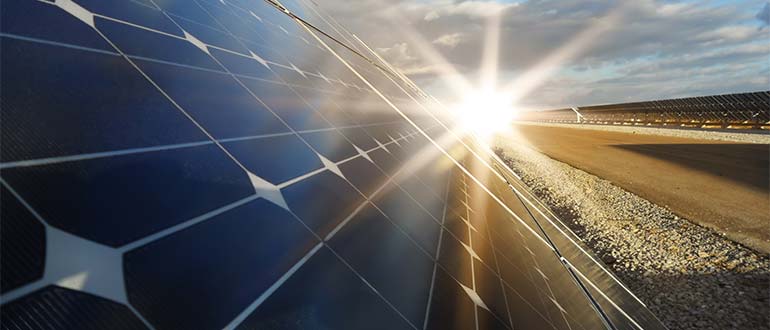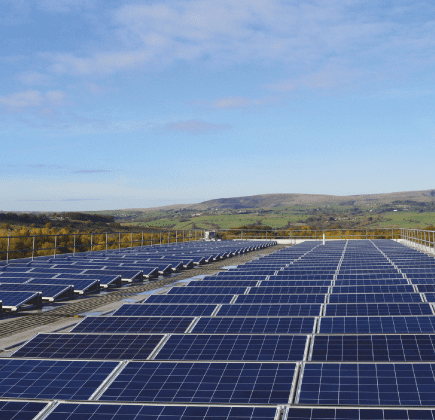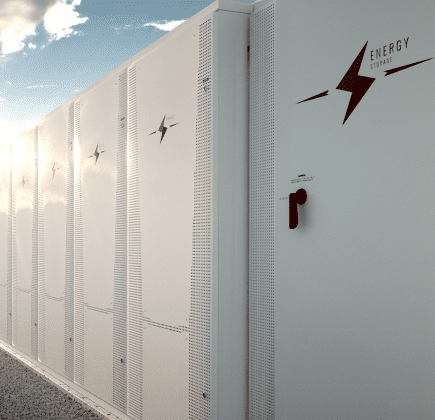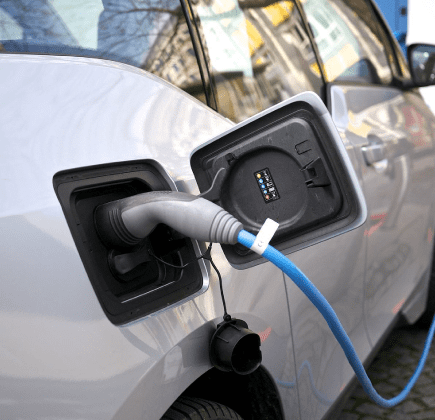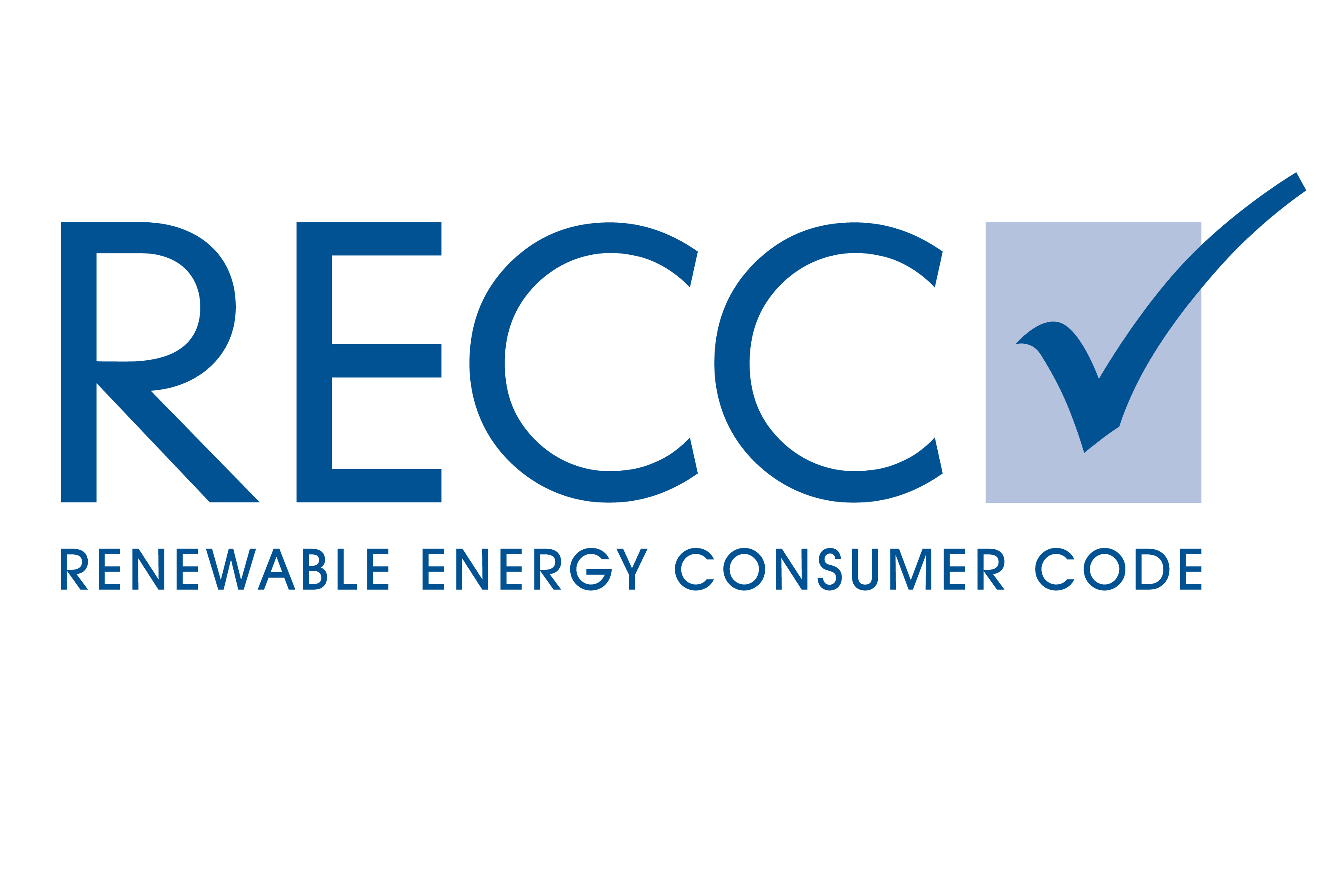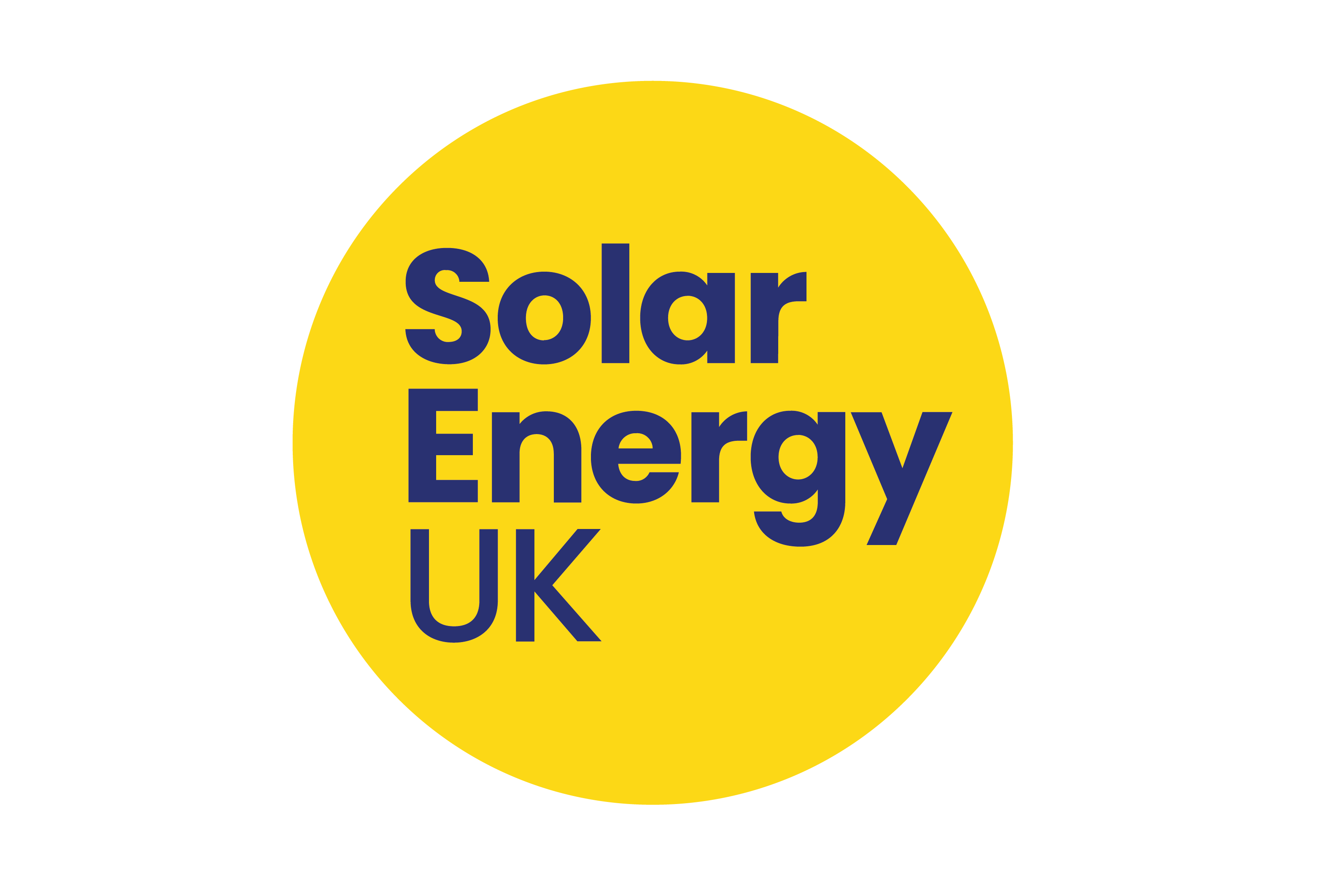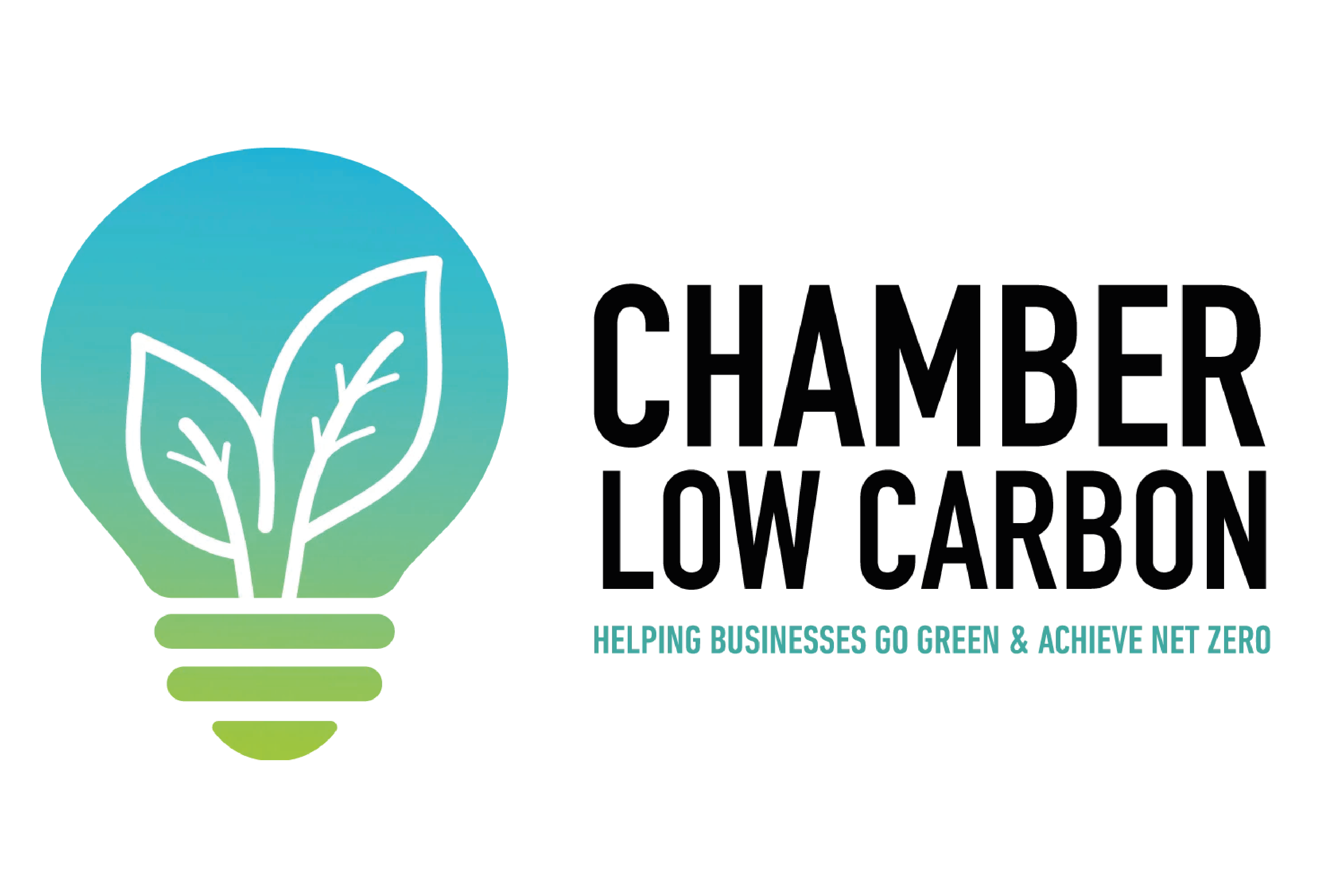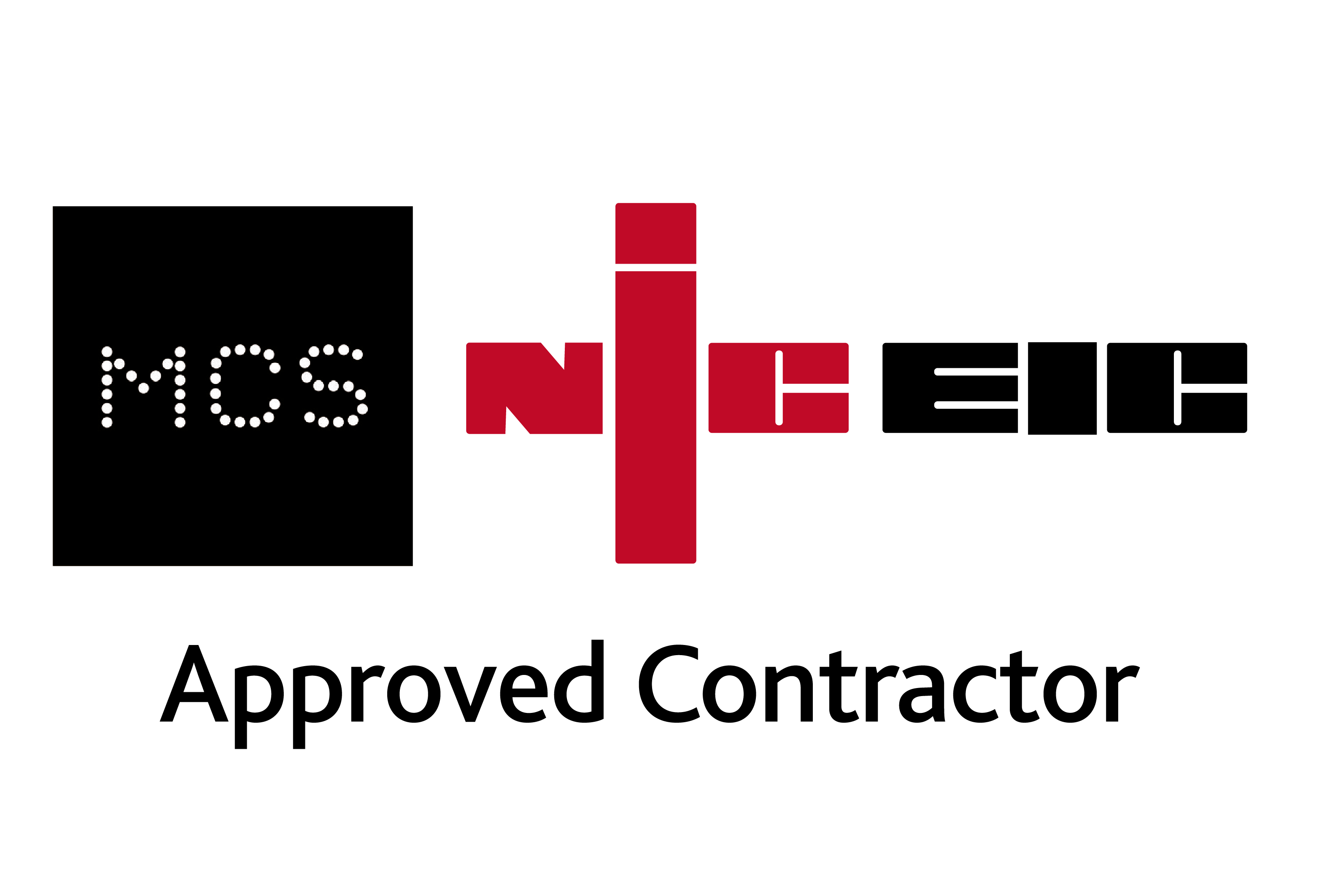
How do solar panels work?
Solar panels are among the greenest forms of energy generation for both domestic and commercial properties, so it’s no surprise that they’re becoming continually popular amongst both the private and commercial sectors. But while the advantages of this technology are generally very well known, not everyone is quite so clear on exactly how they work. This week, we’ve put together this simple guide to the science behind them, and the advantages they can bring to you or your company.
The Photoelectric Effect
Since there are obviously no moving parts involved solar panels, which means that most of the clever technology is not in the mechanics, but in the choice of materials, and the way they interact.
How solar panels work – the short explanation
In a nutshell, solar panels are typically made from silicon (or a similar type of semiconductor material), which is installed in a metal frame with a glass casing. When this semiconductor material is exposed to photons of sunlight, it releases electrons, and produces an electric charge – which is then harnessed for whatever application the solar panels are connected to.
The detailed explanation
The key components to solar panels are called photovoltaic cells. Each panel contains a number of such cells, which are all sandwiched between two layers of semi-conducting material, typically silicon. When the photons present in sunlight hit these layers it creates positive and negative charges in the different layers, and this results in an electric field filled with electrons, which can be used as a direct current of electricity. These then move towards a metal strip called an electrode, which creates an electric current.
This process as a whole is known as the photoelectric effect, and it’s this that allows something as simple and readily available as sunlight to generate electricity that can power our homes and businesses.
Once electrons have been generated using the photoelectric event, they then have to be converted into a form that can be easily harvested and utilised. This is done by means of an inverter which converts the direct current to an alternating current. This alternating current can then be used in the home or commercial building to which the solar panel is attached or channelled into the National Grid.
Contrary to what some people think, solar panels don’t actually need direct sunlight to work, and can work perfectly well on cloudy days. That’s because they absorb energy from not just the light spectrum that we can see, but other wavelengths too, which are easily capable of passing through thick clouds. Almost any form of light is suitable – theoretically, even artificial light would work to some extent (although at that stage you’d be expending energy to produce energy, which would somewhat defeat the point).
So while strong, direct sunshine will produce the most energy, solar panels are still useful even on overcast days too.
The advantages of solar panels for domestic customers
We can all see the damaging effects that climate change is having upon our planet year after year, much of which is man-made. That’s why we all need to do all we can to reduce our personal carbon footprint, and our actions today can make a big difference to the world our children and grandchildren will grow up in. Generating electricity via solar panels is a much greener electricity solution, and it can also lead to substantial savings in your electricity bill when compared to electricity sourced solely from the National Grid.
The advantages of solar panels for business customers
Businesses of all sizes and in all sectors can enjoy the same benefits as domestic customers, but this can be especially important as energy bills are one of the major overheads that a modern business faces, and in today’s competitive market, all savings are important. It also brings advantages in terms of energy security, as you won’t have to rely on electricity from an external source, and commercial solar can be a major step towards achieving your Corporate Social Responsibility targets.
Solar panels and other green energy solutions from Low Carbon Energy can cost less than you think and can eventually lead to cost savings, as well as creating greener home or business premises. That’s good news for your bills, good news for the reputation of your company, and good news for our planet. At Low Carbon Energy, we have a wealth of experience at designing and installing solar panel systems for properties of all kinds and all sizes, and we’re proud to be a Carbon Trust Partner. Why not give us a call today on 01282 421 489 to see how we can help you?
 Energy Technology
Energy Technology

Powering your present. Preserving your future.
Call us on 01282 421 489

strategy be a priority?

